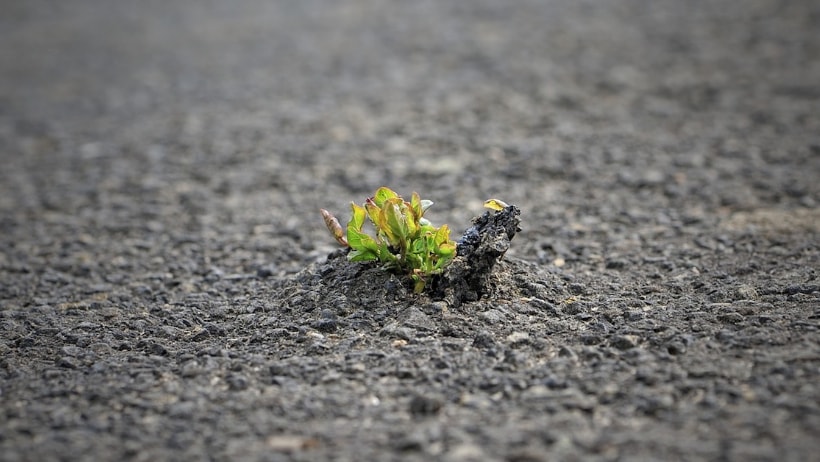“What doesn’t kill you makes you stronger.” Like a lot of clichés, the literal reading is completely false. Something that almost causes your death doesn’t make you stronger; it makes you weaker, and likely significantly weaker. Instead, it’s the figurative interpretation that is meant to resonate with us. We have the power to take the things that nearly destroy us emotionally and spiritually and use them to our advantage later in life. Living and learning through these types of moments and events is difficult, no question, but the building up of character, will, drive – ultimately that strengthens us.

Believe it or not, this notion didn’t start with the lyrics in Kelly Clarkson’s song “Stronger.” All of the biblical figures who are known to us as the matriarchs and patriarchs have moments when they struggle with God and with the paths their lives take. Adam and Eve had to answer to God after going against their instruction and eating from the tree. Cain had to answer to God after he killed his brother. Abraham was tested by God on multiple occasions. This week we learn Isaac and Rebekah are no different.
This week we read from Parshat Toldot, which literally means “generations.” We read the story of Isaac and Rebekah, their struggle with infertility, and the subsequent birth of their twins. The text continues with the sibling rivalry which began in utero and continues throughout the boys’ lives. Ultimately, Jacob and Esau are no longer able to even live in the same house as the trickery, fighting, and intolerance for one another escalates. Jacob is sent away for his own safety by his mother as this section of the narrative comes to an end.
When Rebekah finds out she is pregnant, she not only feels the typical baby movements most mothers feel, but also endures the fighting her twins appear to be engaging in inside her womb. She asks out of desperation, “If this is so, why do I exist?” And God answers, “Two nations are in your womb, two separate people shall issue from your body; one people shall be mightier than the other, and the older shall serve the younger.” This is Rebekah at her most vulnerable, grasping to understand how motherhood could possibly be worth all of the pain and suffering she is enduring. Rather than do something to relieve the suffering, God responds by charging her with the responsibility of nurturing two nations. It was perhaps not the answer she was hoping for in the moment, but certainly one that would have strengthened Rebekah emotionally, if not physically.
It doesn’t feel helpful when you’re in the middle of a crisis and someone attempts a reassuring tone to say, “This will only make you stronger.” We simply can’t see the world through that lens until the trying time has passed. However, the Torah reminds us this week that our job is to learn from our experiences and to be able to transition from the painful “Why me?” to the more purposeful “Now what?”
-Rabbi Eve Posen
Source: What Doesn’t Kill You – Parshat Toldot 5778 – Rabbi Eve Posen



